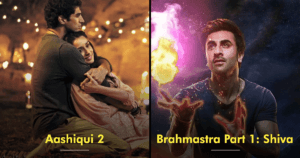“Kya aap meri khushi ke liye, meri zindagi se, ek mahina bhi nahi de sakte?” Simran pleads to her father so that she could go on a trip before being married off.
“Jaa, jee le apni zindagi,” her Babu ji says. And Simran can’t contain her happiness as she can now, maybe for the last time, live life on her own terms even if it is for a month.
I’m sure you have guessed the film we are talking about, right? Dilwale Dulhania Le Jayenge, one of the classics of Bollywood, the film we still have a great liking for.
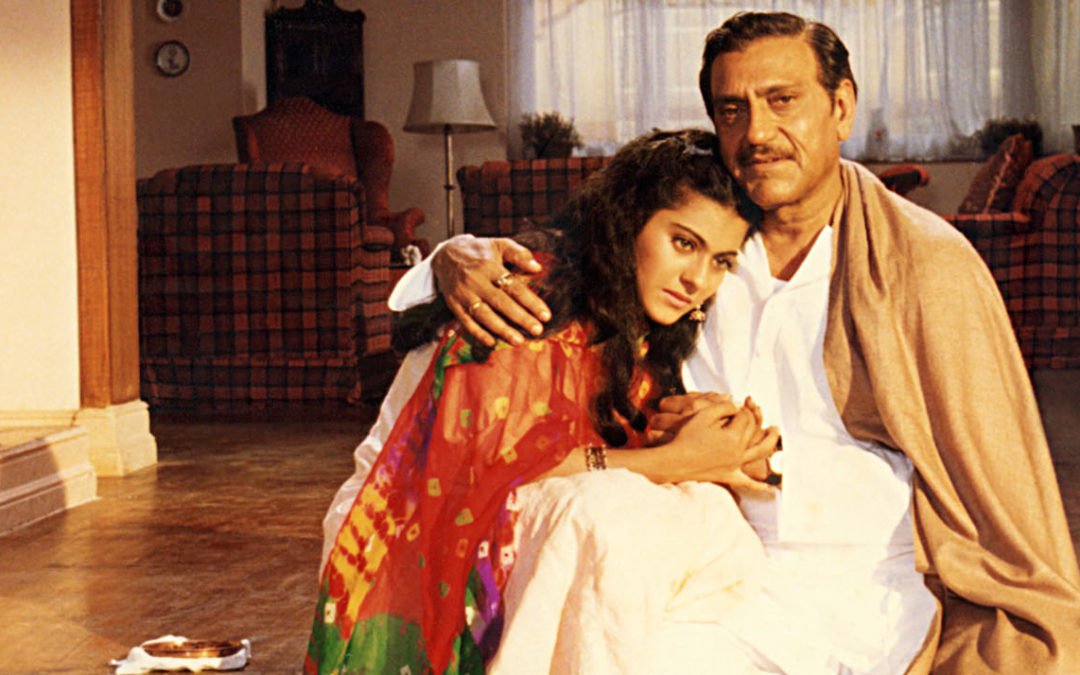
Cut to, Bhaskor in the film Piku, who values women’s independence and equality, nonchalantly talking about his daughter’s virginity before a prospective match.
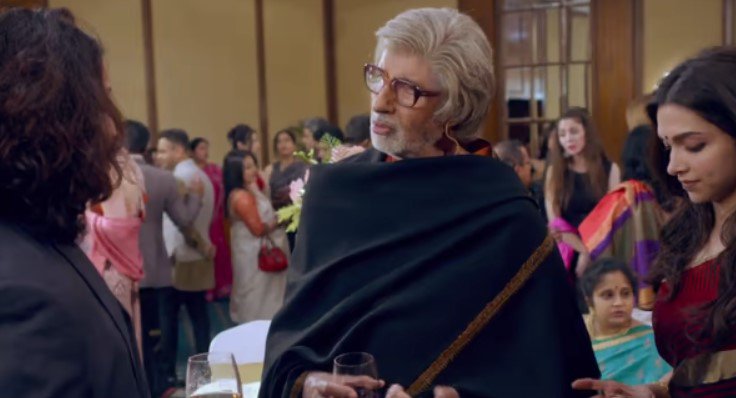
These two Bollywood films were released decades apart and that’s how long it took our filmmakers to finally present a feminist father on-screen.
The notion of authoritative and stern fathers is neither propagated by Bollywood, nor limited to it. However, there’s no denying that we have, for decades, been served stereotypical dad characters — conservative, emotionally detached, and obsessed with societal norms.
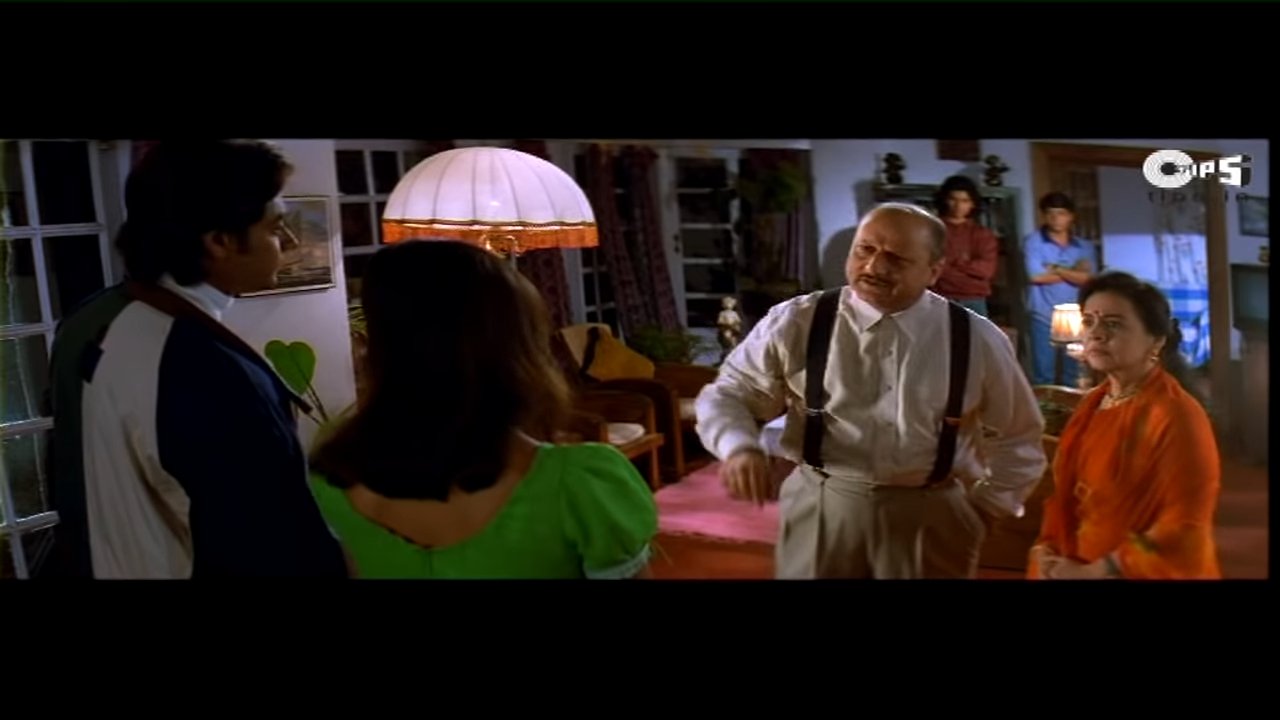
You know the trope, where dads slap their child when they find out about their romantic relationship, locks them up in a room if they refrain from marrying a man he chose and cares more about “Parampara, Pratishtha, Anushasan” more than their daughter.
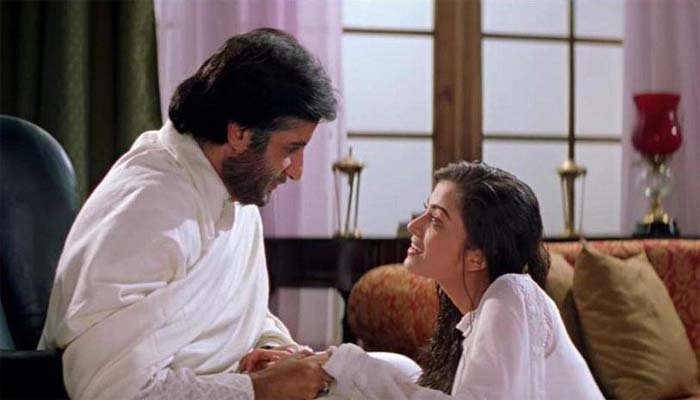
And one cannot overlook the fact the fathers in our films were particularly that way when it came to their daughters. On-screen sons, on the other hand, often got to witness the ‘cool’ ones, who would talk about their love interests or sharing a drink together.
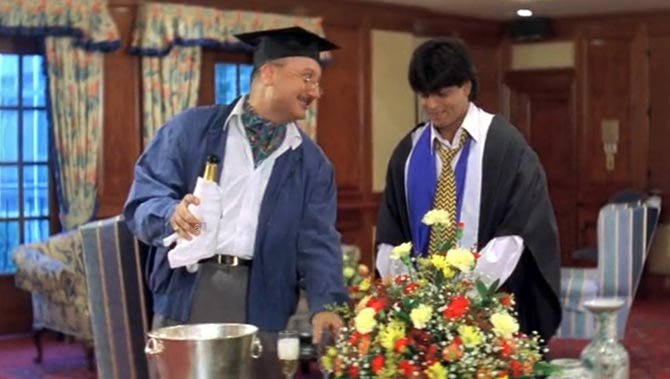
In the past few years, a slew of films showed beyond doubt that Bollywood, though slowly, is warming up to the idea of feminist dads. Putting an end to peddling patriarchal notions and values, certain films cracked the formula of portraying a sensitive, emotionally available, and non-stereotypical father.
Piku, among many other stereotypes, broke the mould of Bollywood’s ‘ideal dad’ with an unparalleled feminist character, Bhaskor Banerjee. He sows the seed of gender-equality right at his home.
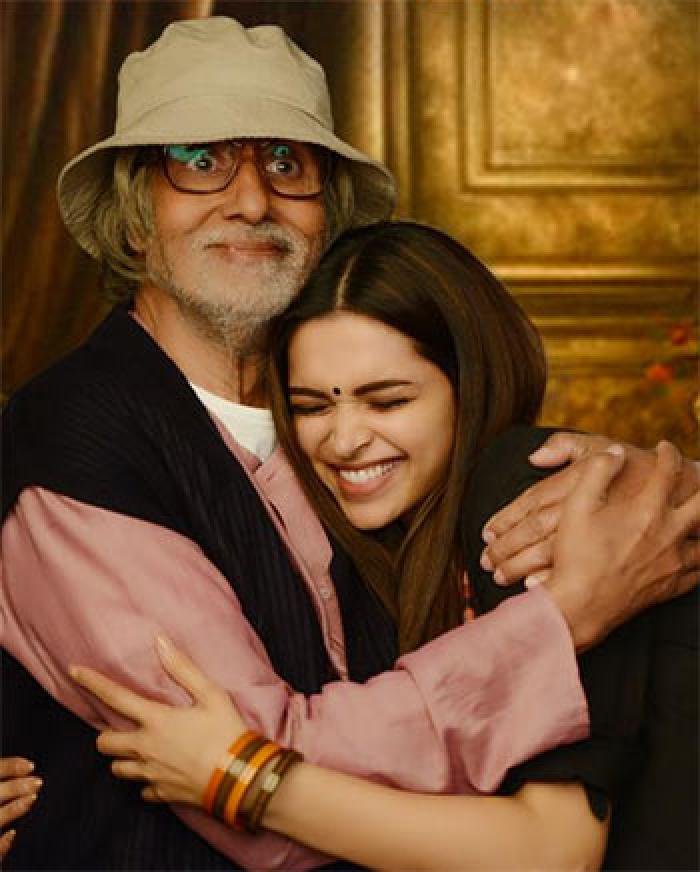
He ditches the archaic construct of society that takes pride in labelling a woman ‘sanskaari’ only when she refrains from sexual relationships before marriage and ‘settles down’ at the right age. On the contrary, he backs his independent daughter, in every manner, and emphasis on companionship over marriage.
Just a year later, we see Aamir Khan portraying, Mahavir Singh Phogat, a strict yet supportive father in the sports biopic Dangal. Initially disappointed by the fact that he doesn’t have a son to fulfil his desire to win a gold in wrestling, his character has a Eureka moment.
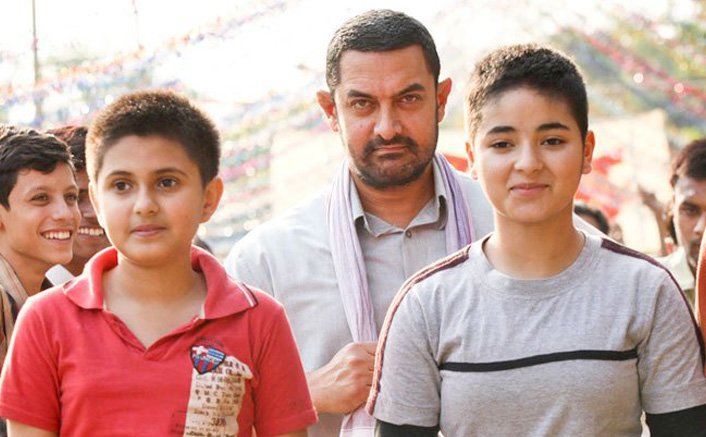
“Gold toh gold hove hai! Ladka lave ya ladki,” Phogat says as he views nothing but champions in his daughters. Even when others doubt his decision, including his own daughters, he spots potential in Geeta and Babita. And the rest, as we know, is well documented (and well-acted) history.
The narratives of unbending and stone-hearted dads, which dominated the silver screen in the 90’s and early 2000’s, is somewhere rooted in the patriarchal mindset that keeps off from directing the viewer’s attention to the warm and gentle side of male characters.
In another biopic, based on the life of the former IAF officer Gunjan Saxena, Pankaj Tripathi essays the role of a father who stands as a shield between his daughter’s dream and patriarchal norms. When everyone believes that a woman cannot be a pilot, he asserts that “Plane ladka udaye ya ladki, dono ko pilot hi bolte hain”.
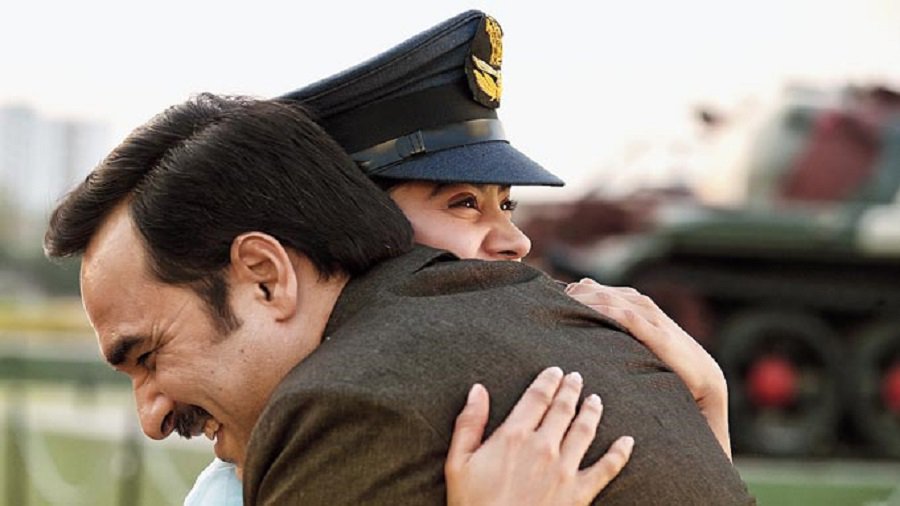
Anup Saxena defies all the odd and makes his daughter believe she is nowhere less than a man, no matter what people say.
On the same line, Irrfan Khan, as Champak Bansal, in Angrezi Medium goes beyond his limits to fulfil his daughter’s wish to study in London, a dream she harbours growing up. Even after being a single-parent and an overprotective father, he knows that when needed he has to step back and let his kid make their own decisions.
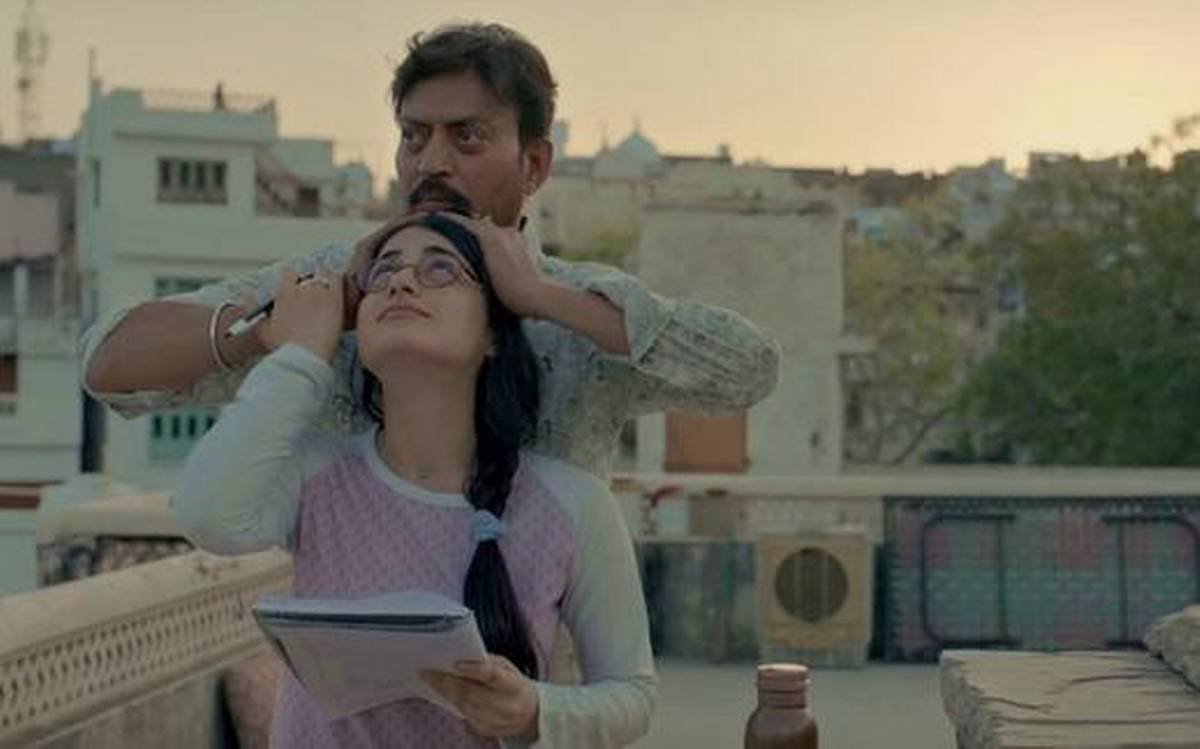
And when speaking of feminist fathers on-screen, we can’t skip Sachin Sandhu in Thappad, payed to perfection by Kumud Mishra. A film that asserts that a slap is a reason enough to walk out of a marriage. While Amrita’s mother-in-law resorts to saying, “Thoda bardasht karna seekhna padta hai aurton ko”, her father allows her to make her own mind. And he also let’s her know that he would always be beside her whatever the decision may be.
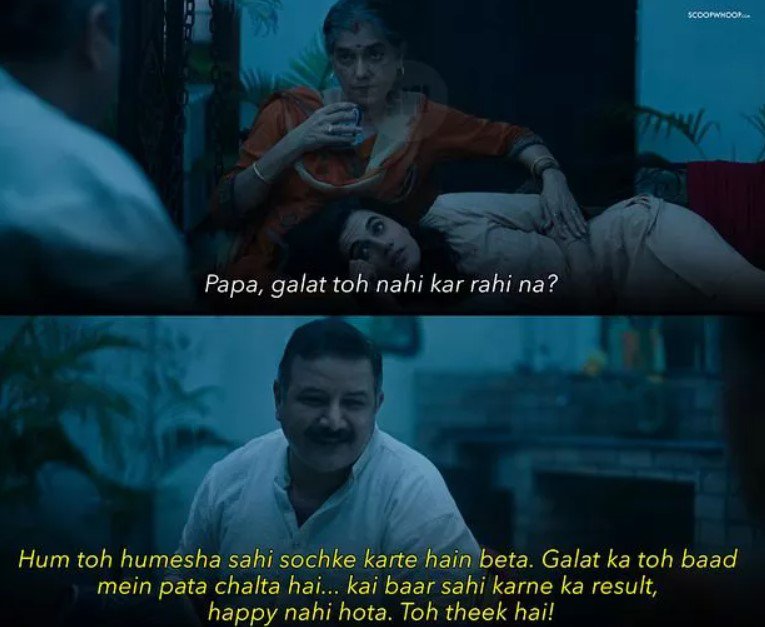
Moreover, Sandhu embraces his flaws by accepting that he couldn’t stand for his wife, but makes an attempt to redeem it by not making the same mistake with his children.
Hindi cinema has been taking small but brave steps towards metamorphosing many one-dimensional narratives. Along with women-centric content, our films are also reinventing its view towards representation of LGBTQ+ community. Chandigarh Kare Aashiqui, although criticised for the premise, introduced us to Mohinder Brar, a father who whole-heartedly accepts his daughter and her gender-identity as a trans-woman. He pays no heed to the disapproval of his family, even his wife, on the matter.
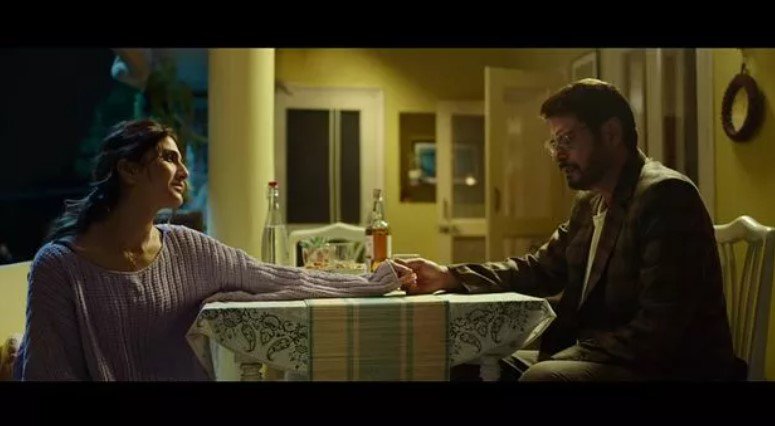
Dutiful daughters, premarital chastity, and women stripped of agency are often representations of the society.
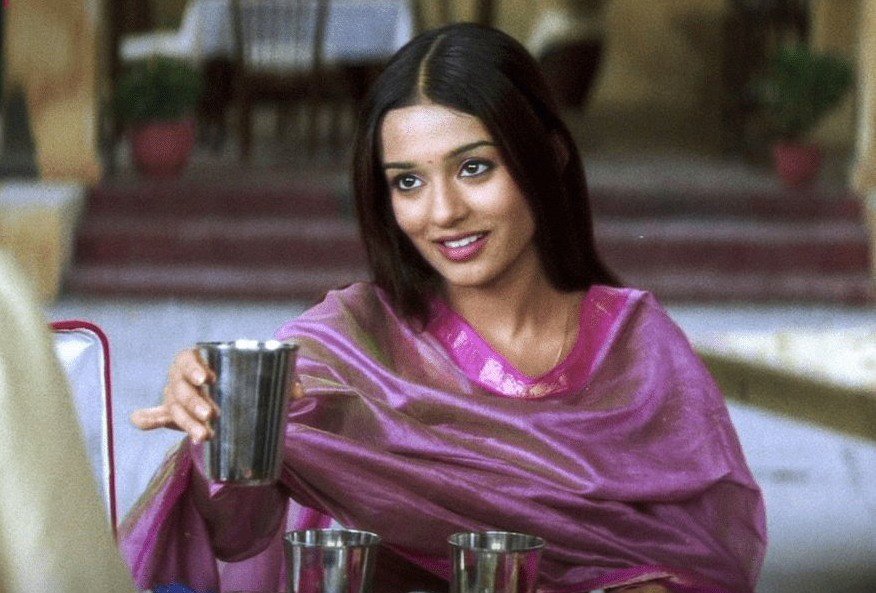
But now, these evolving characters, which shed the image of inimical patriarchs is heralding a new era of unseen bonds between father and daughters. And these come as a representation and reinforcement of the relationship many of us share with our own fathers.






